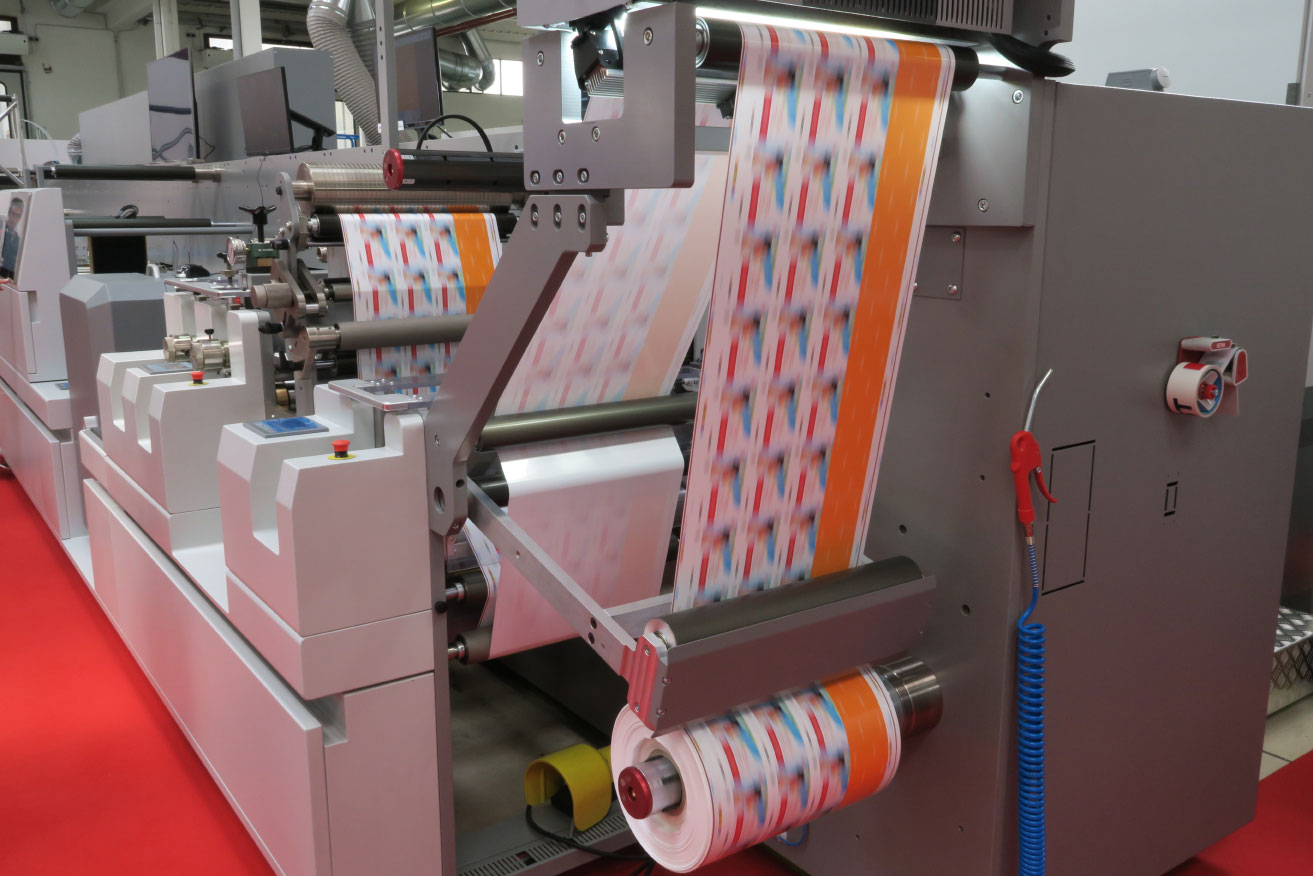With the presidential election fast approaching, it might not be clear who will be in the Oval Office for the next four years, but several industry leaders say that some issues will be important to address no matter who wins and which party controls Congress.
“This I know: flexible packaging is essential, and there is a growing realization of the important benefits of flexibles that likely outweigh some of the perceived negatives, and, consequently, a renewed appreciation for flexible plastic packaging,” says Daniel C. Staker, executive vice president of Plastic Packaging Technologies. “The election isn’t going to change that.”
Several observers point out that the election will be important going into 2021 because of taxing policies, infrastructure initiatives and other issues, some of which might affect corporate strategies such as activity with mergers and acquisitions. While none of the leaders would offer specific opinions about the November elections, several did point to issues that will remain important.
“Our focus will always continue to be on our employees, customers, partners and the communities where we operate, regardless of the political climate,” says Nestor de Mattos, North America commercial vice president for Dow Packaging & Specialty Plastics. “We also believe that, regardless of politics, it’s important for the industry to collaborate to further environmental sustainability. Even amid the uncertainty of this pandemic, Dow launched an ambitious set of new sustainability targets.”
Laurel Spencer, vice president, sales and marketing at Amcor, points out that Amcor is a global company that operates in more than 40 countries. “So, while the election is important to me, personally, as a citizen, from a company perspective, this is just one of the places we operate,” Spencer says. “That said, regardless of the election outcome, there are some things that we’re very interested in from a national perspective.”
For example, Amcor continues to work toward its goal of having all of its packaging recyclable or reusable by 2025.
“We believe that work continues to be important,” she says. “There will always be a role for packaging, and we are positioned to lead by delivering responsible packaging that supports the commitments we’ve made. Additionally, our research and development team is heavily focused on innovative solutions that deliver sustainable packaging options that meet our customers’ and their consumers’ needs.”
Thomas Morin, president at TC Transcontinental Packaging, says more could be done on a national level in the United States to support recycling efforts. With measures currently done municipality by municipality, it will be years before the United States reaches its full potential. Some countries, such as Germany, developed national guidelines and laws decades ago, so they are far ahead.
Guenther Hering, vice president, Flexible Packaging NA, Henkel, says that government leaders need to have a better understanding about the benefits of flexible packaging.
“The strong push to eliminate or ban certain package types in certain states will have strong consequences for the consumer,” Hering says. “The government can create financial support and incentives for recycling facilities to increase the amount of recycled flexible packaging material. We should also be open minded about other recycle technologies such as chemical recycle.”
For now, a lot of the efforts on sustainability are being pushed by various industry and nonprofit groups that collaborate to improve recycling rates and awareness, Spencer says.
“We have partnered with a number of sustainability-focused groups around the world, such as the Ellen MacArthur Foundation, Ocean Conservancy, Earthwatch Institute and Resource: Plastic, as well as regional and local recycling organizations to improve recycling infrastructures and participation rates,” she explains.
Some federal policies will have a global reach and affect markets, so companies strive to monitor changes as they come.
“The global trade wars and political issues could impact our business in respect to raw materials and cost increases,” Hering says.
Proactive Measures Beyond Politics
At Dow, the company created a set of actions to advance anti-racism, inclusion, and diversity.
“We believe these actions are the right thing to do and will drive long-term competitive advantages,” says Nestor de Mattos, North America commercial vice president for Dow Packaging & Specialty Plastics. “We’ve listened to our people and external partners to improve our commitment to build an inclusive culture at Dow, which resulted in additional actions to accelerate change and address racism, inequality, and injustice. Our ambition includes becoming the most inclusive materials science company in the world, and although we’ve already dedicated efforts to address bias and injustice, we know we can do better.”
The company has pledged $5 million over the next five years to help advance racial equality and social justice, he adds. “We recognize that we need to do better going forward, because it’s the smart and right thing to do for both business and society,” de Mattos says.
Thomas A. Barstow is senior editor for FlexPack VOICE™
